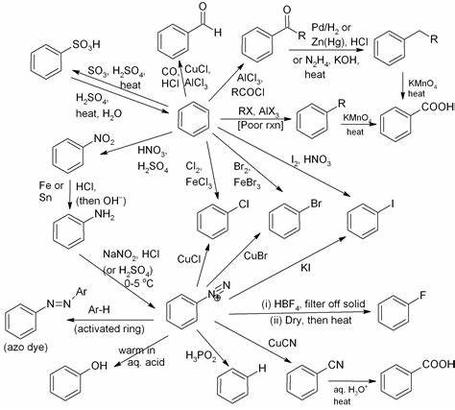
There are many organic chemistry reactions that are important to understand. Organic chemistry is the study of carbon-based compounds and their properties, reactions, and synthesis. Organic chemistry reactions can be classified into several categories based on the type of reaction that occurs. Some of the most common types of organic chemistry reactions include substitution reactions, elimination reactions, addition reactions, radical reactions, and oxidation-reduction reactions.
The Master Organic Chemistry website provides a comprehensive guide to organic chemistry reactions. The guide covers more than 185 of the most common reactions encountered in undergraduate organic chemistry, from the beginning of Org 1 (Structure and Bonding) to the end of Org 2 (Amino Acids) and everything in-between (Stereochemistry, Alkene & Alkyne Reactions, SN1/SN2/E1/E2, Dienes, Alcohols, Aldehydes, and Ketones ). Each of the reactions includes step-by-step explanations, reagents, mechanisms, multiple examples, nuances, special cases, and rules, as well as practice quizzes from real-world exams.

